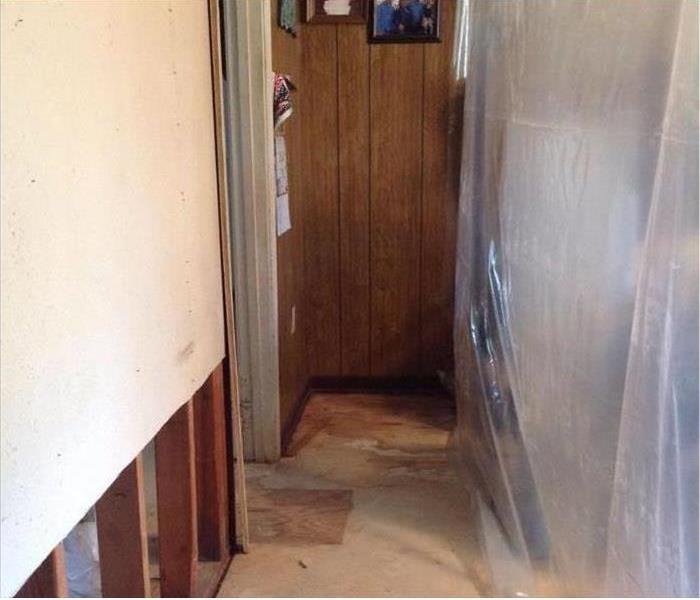Do Tenants Have to Pay for Flood Damage?
2/23/2022 (Permalink)
 Recovering from flood damage can be difficult, especially when you need help to remove, repair, and restore damaged property.
Recovering from flood damage can be difficult, especially when you need help to remove, repair, and restore damaged property.
Is It Necessary For Tenants To Pay For Flood Damage?
If you rent a commercial property, you may be worried about insurance coverage in the event of a flood. Considering you don’t own the building, you may be uncertain on the type of renter’s insurance you need – or if you need renter’s insurance at all. Don’t get caught out when it’s too late and your property is already flooded; learn what you need to know about flood damage and flood insurance in Zachary, LA.
What’s Covered by the Building Owner
When it comes to renter’s insurance, the building owner is liable for insuring the actual structure itself. If any structural damage is incurred during a flood, then the building owner’s insurance will take over paying for any repairs and replacement. This generally includes damage to roofs, windows, walls, building systems, and external parking and fixtures.
What’s Covered by the Tenant
As the tenant, you are responsible for obtaining renter’s insurance for anything inside the building. This means any furniture, appliances, inventory, computer equipment, or other property specifically belonging to you. If your items are damaged in a flood, you should obtain appropriate insurance coverage to safeguard your belongings.
What If the Building Owner Supplies Equipment and Furniture?
Because those items are the property of the building owner, in this specific instance, they would also be covered under the owner’s insurance rather than the renter’s insurance. Nonetheless, you should discuss the extent of insurance coverage and expectations with the building owner ahead of time, well before a flood.
Recovering From Flood Damage
Recovering from flood damage can be difficult, especially when you need help to remove, repair, and restore damaged property. It’s not impossible, however, and a good business owners’ or renter’s insurance policy can make all the difference. Before shopping for an insurance policy, do a complete inventory of all equipment, merchandise, furniture, and other items that you would have covered by the policy before determining what’s the best policy for you.




 24/7 Emergency Service
24/7 Emergency Service